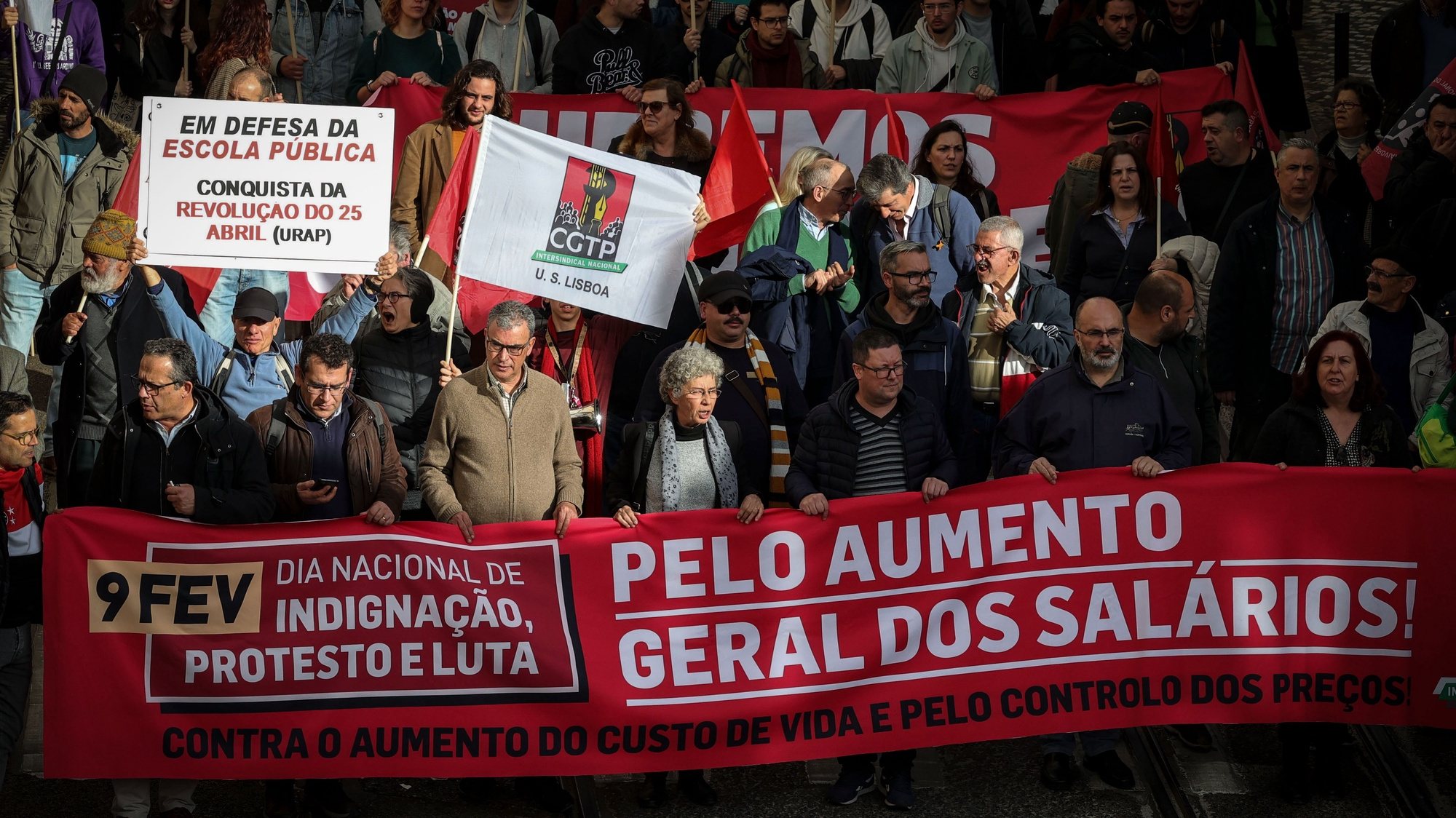
The CGTP considered this Friday that the Government remains insensitive to price rises and calls for measures such as setting maximum prices for basic necessities, taxing profits and increasing wages and pensions.
In a statement, the union center criticizes the government’s action program announced Thursday by the Minister of Economy, António Costa Silva, to combat “abnormal situations” in terms of prices in the food sector, as the minister said.
Without prejudice to a more in-depth analysis, the CGTP-IN considers that the action proposed by the Government is totally unrelated to the situation faced by workers, pensioners and their families”, underlines the inter-union, adding that the Government “still does not respond to the brutal rise in prices.
According to the CGTP, “speculation that fuels profits” in the large distribution, energy or housing sectors “is a reality that has intensified in the course of 2022, given the conspiratorial actions of the Government that has done nothing or it continues without doing anything to block”.
The situation “requires concrete measures”, defends the union federation led by Isabel Camarinha.
For the CGTP, “the setting of maximum prices for essential goods and services, the imposition of limits on the practices of the financial sector and the effective taxation of profits and other sources of capital income are possible, necessary requirements that depend solely on the political option of the Government and of the citizenry”. majority that supports it.
These demands must be accompanied by increases in salaries and pensions that reverse the loss of purchasing power, he adds.
On Thursday, at a press conference, the Economy Minister promised to “be inflexible” in the face of all abnormal situations in the food sector.
António Costa Silva stressed that, in recent times, the country has been concerned about the food sector due to rising prices, at a time when inflation is falling, as well as the price of energy and fertilizers.
This is in stark contrast to what is happening in terms of food prices. Therefore, the Government has developed a strategy and is working on six dimensions. We respect economic operators, but we also highly respect the rights of consumers”, she pointed out.
The first major dimension has to do with the performance of ASAE in the country, institution that the minister described as “excellent”.
Distribution under maximum pressure from the Government due to food prices. Measures from other countries are being studied
For António Costa Silva, it is equally important to understand the price structure of the sector, from production to marketing, passing through distribution.
The minister assured that transparency will be required in this process, stressing that it is a “benefit for all operators” the provision of information to ASAE.
The Government also wants to continue establishing contacts with the representatives of the different operators and convene PARCA – Platform for Monitoring Relations in the Agrifood Chain.
On the other hand, it will continue to put ASAE all the conditions and work with all the “pertinent bodies” for this sector.
Source: Observadora